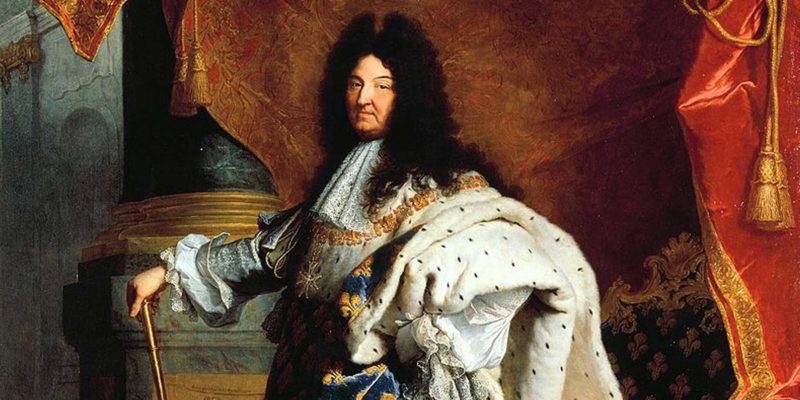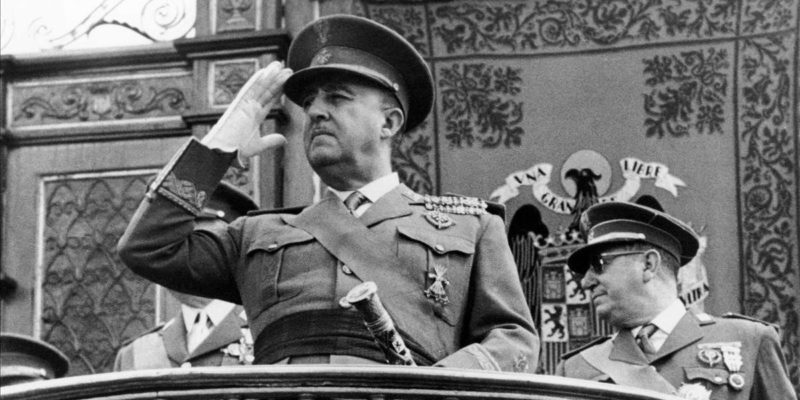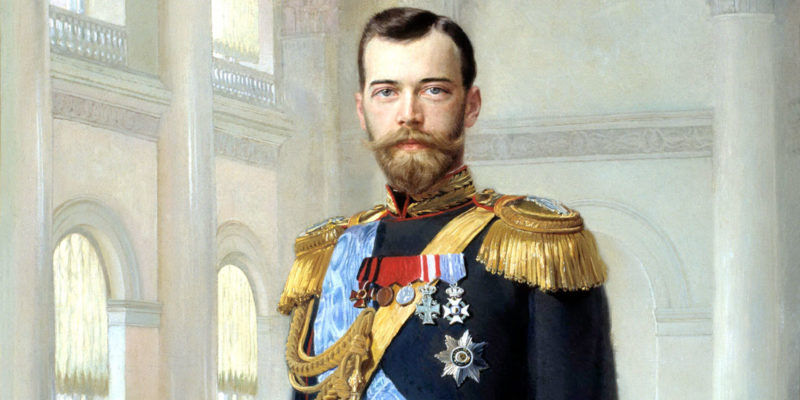We explain what autocracy is and what ascendancy to power is like. Also, what are its general characteristics and some examples.
What is Autocracy?
Autocracy is a system of government that centralizes the supreme power of the State in a single person , whose decisions could not be questioned, contravened, or subject to controls of any kind. Whoever presides over a government of this nature is known as an autocrat .
The main forms of autocracy in the history of humanity were the absolutist monarchy , like the one experienced in Europe before the French Revolution , and the modern dictatorship, of which there are abundant examples of different ideological signs.
Autocracies are contrary to democracy , which is sustained thanks to a separation of public powers that take stock and balance their influences on citizen life.
The term autocracy is often used as a synonym for dictatorship or tyranny , although they are not necessarily synonymous.
Characteristics of autocracy :
Etymology
The word autocracy is made up of two Greek words: auto- (“own, by itself”) and kratos (“power”) .
Hence, autocracy can be understood as "power by itself" or "power by one's own hand" , thus alluding to the fact that all the power of the State is concentrated in a ruler who uses it to keep ruling.
-
concentration of power
 The essential attribute of an autocracy is the concentration of powers in the same figure, that is, a single person who governs all the affairs of the nation . In this it is distinguished, for example, from other forms of totalitarianism or dictatorship , in which power is exercised by a group or a social sector, such as a political party, a military junta or an ethnic minority. There is no autocracy without an autocrat.
The essential attribute of an autocracy is the concentration of powers in the same figure, that is, a single person who governs all the affairs of the nation . In this it is distinguished, for example, from other forms of totalitarianism or dictatorship , in which power is exercised by a group or a social sector, such as a political party, a military junta or an ethnic minority. There is no autocracy without an autocrat.
rise to power
An autocracy can be established through various mechanisms, including through popular election. It is enough for the ruler to initiate a series of changes that gradually lead in that direction, using legal tricks and the republican powers themselves .
In other cases, autocracies can be established by force , through coups , armed struggles, or military invasions, and sustained through violence and fear.
-
Repression
Corruption

Another distinctive feature of autocracies is corruption, since by not having any kind of opposing powers, the autocrat's allies enjoy almost absolute impunity and immunity , thus being able to enrich themselves illegally, commit crimes and accumulate assets , without being judged. thus.
-
Violence
In these periods there is also usually a violent resistance from the governed , which can lead to violent protests, guerrilla warfare or even a Revolution or a civil war, as the governed decide to sacrifice everything to regain their freedom .
Personality cult

Since all power resides in the hands of the same person, she is worshiped and venerated as if she were a deity or a saint . This is promoted from the structures of the State and the cult of the personality of the leader or caudillo is encouraged, through manipulative messages that offer him as a savior, a redeemer or, in the worst cases, as a necessary evil.
-
Formation of an oligarchy
synonyms
The terms despotism, tyranny, and authoritarianism are practically synonymous with autocracy , although the latter implies a lesser degree of empowerment of the ruler, and tyranny necessarily refers to someone who rules by (military) force.
-
examples of autocracy
 Some historical examples of autocracies are:
Some historical examples of autocracies are:
- Tsarist Russia. Russia before the October Revolution was ruled by the Tsar, a local emperor who belonged to the historical Russian nobility.
- French absolutism. Fifteenth - century France was ruled by Louis XIV, an absolutist monarch who was not subject to any institutional regulation.
- Franco's Spain. Francisco Franco , the Spanish conservative military man, put an end to the Spanish Civil War in the 20th century through an atrocious dictatorship that disappeared thousands of opponents and centralized political powers in him, through the figure of "Caudillo". See: Francoism .
- The Cuba of the Revolution. Ruled with an iron fist by Fidel Castro , it is an example of an autocracy that emerged from a Socialist Revolution that had abundant popular support. However, along the way, all powers were centralized in Fidel Castro and he ruled until his death, becoming almost a monarch.
The above content published at Collaborative Research Group is for informational and educational purposes only and has been developed by referring reliable sources and recommendations from technology experts. We do not have any contact with official entities nor do we intend to replace the information that they emit.
Luke is passionate about fostering student involvement and connection. He studied psychology for his major and likes learning about the past. Luke aims to specialize in artificial intelligence and cybersecurity. .
Leave a reply
Your email address will not be published. Required fields are marked *Recent post

Sport: What Is It, Types, Risks, Features, Characteristics and Examples

Dogs: Emergence, Features, Characteristics, Feeding and Breeds

Story: Definition, Elements, Structure, Features and Characteristics

